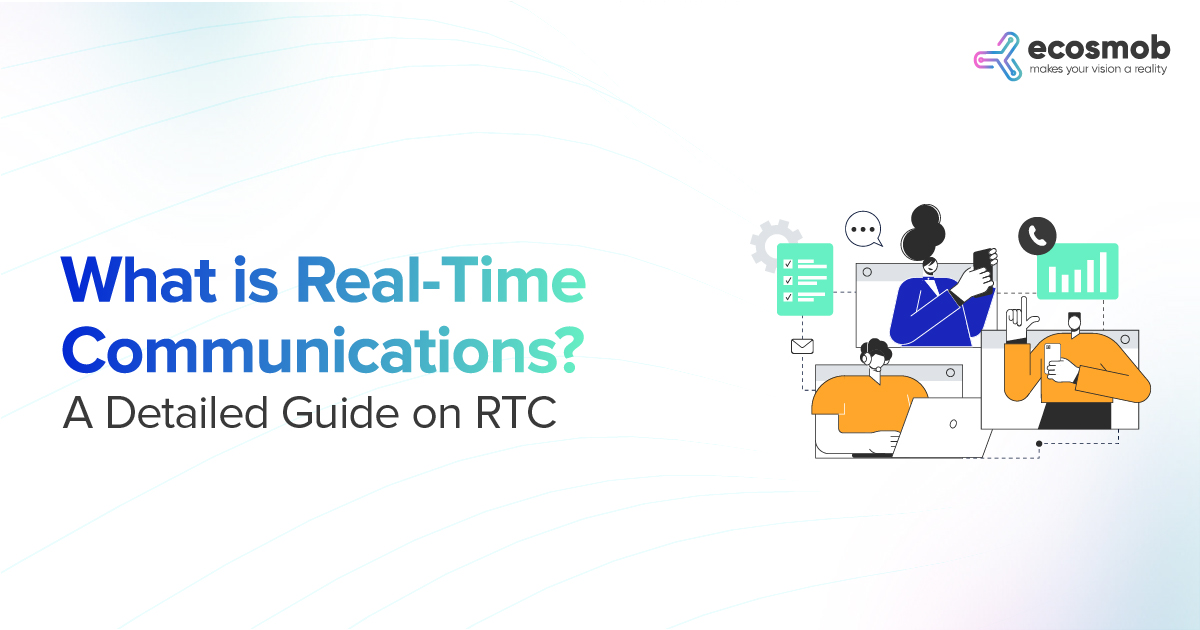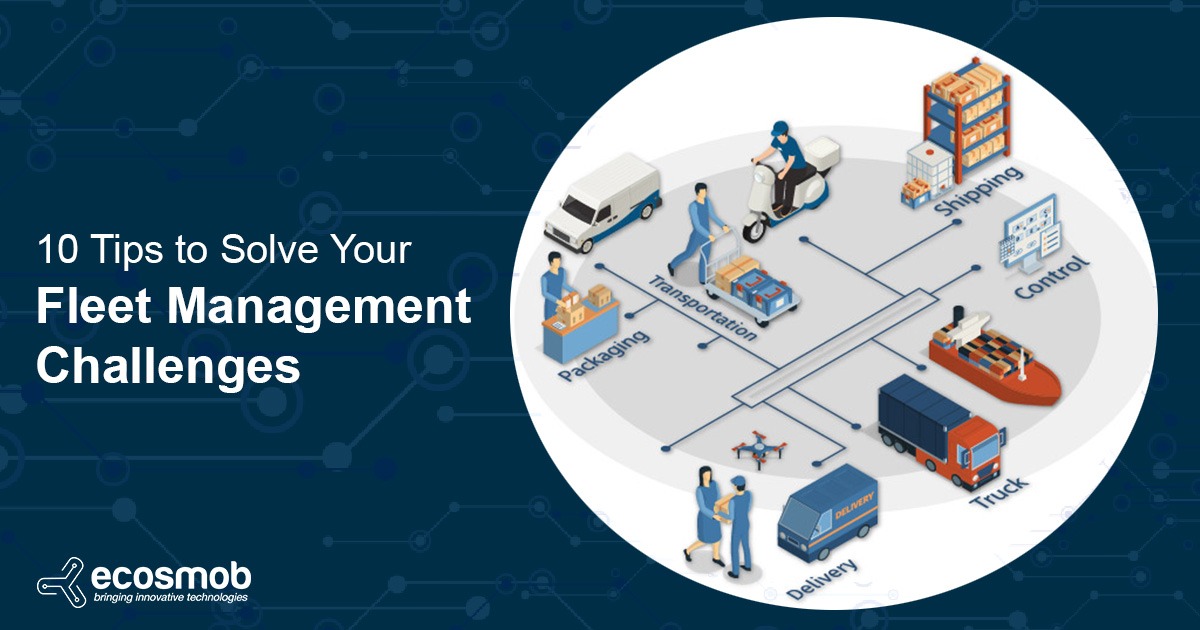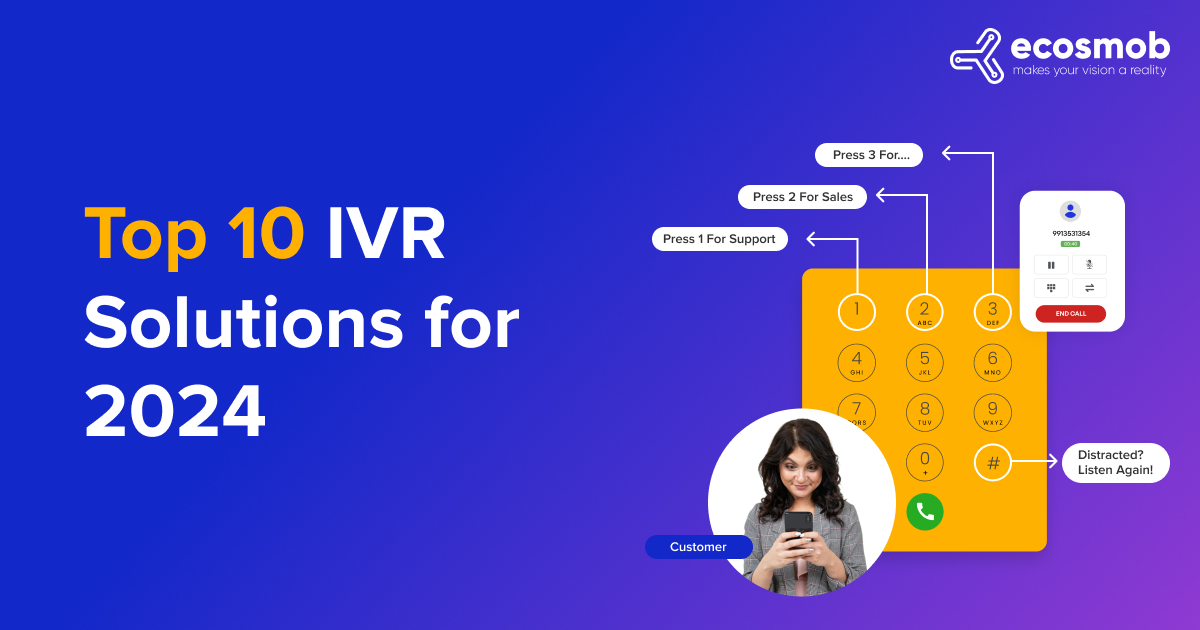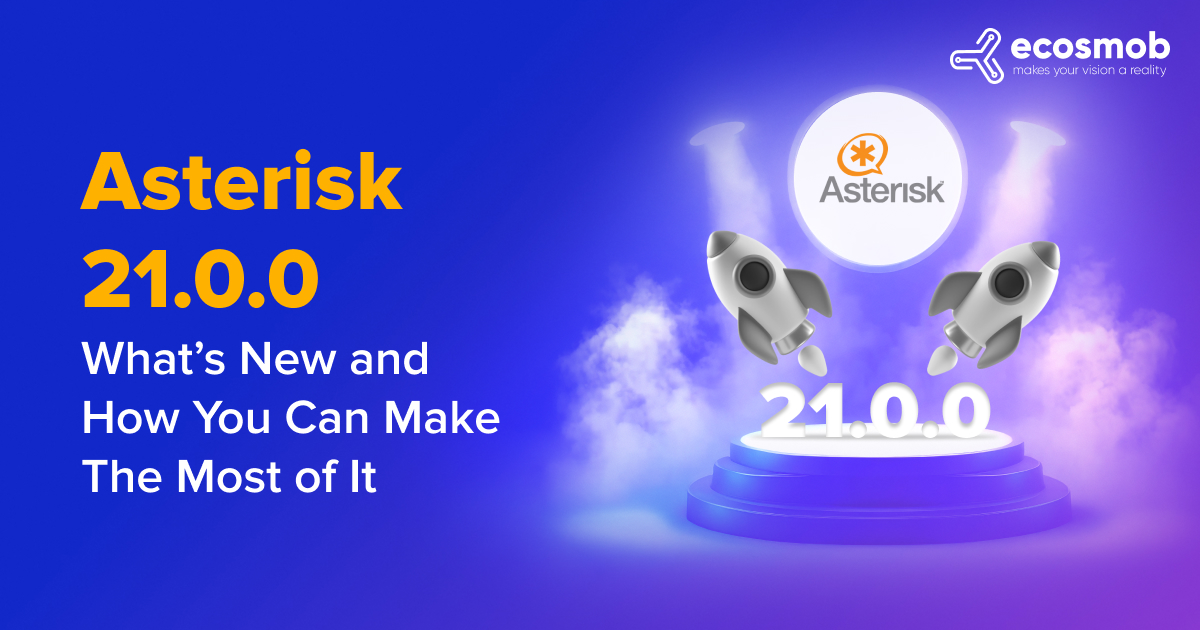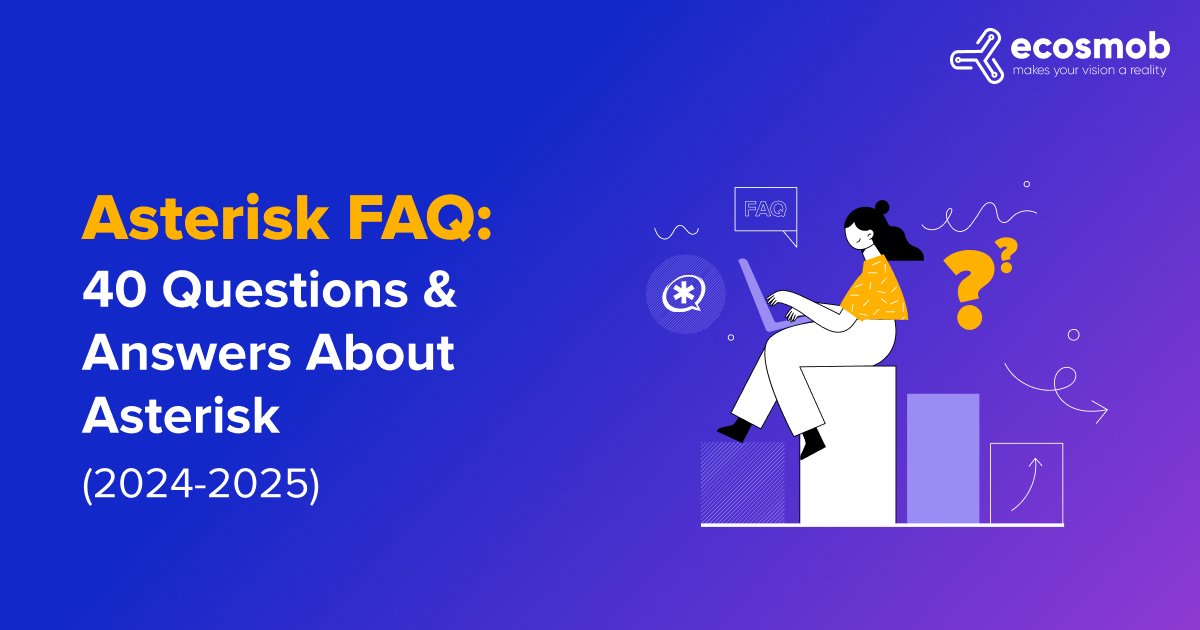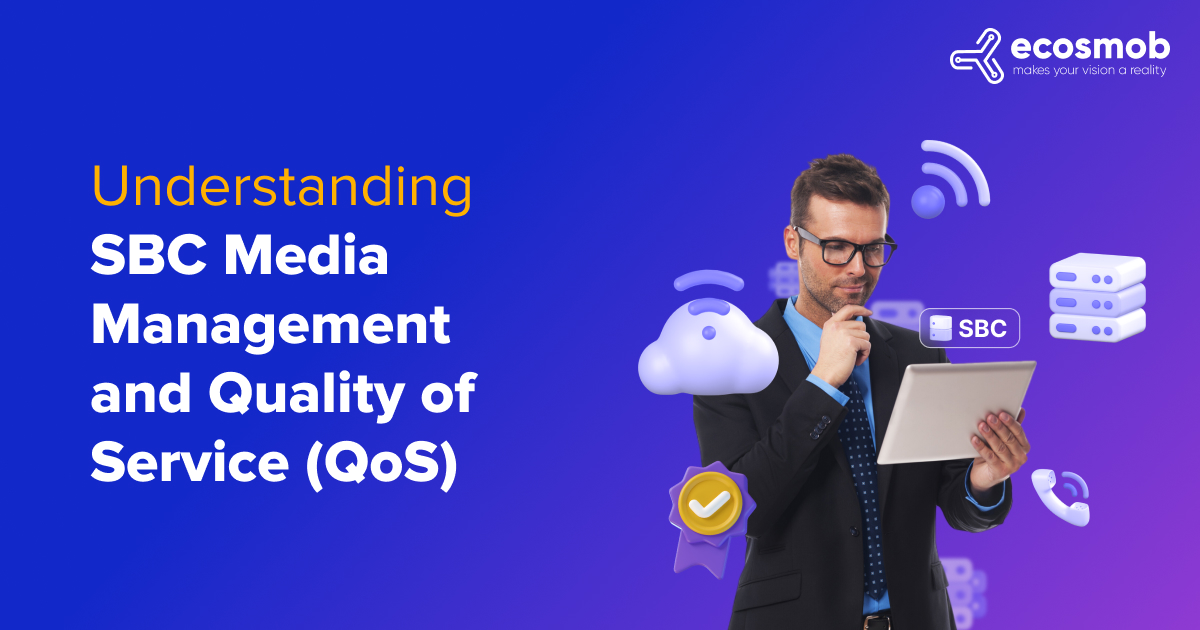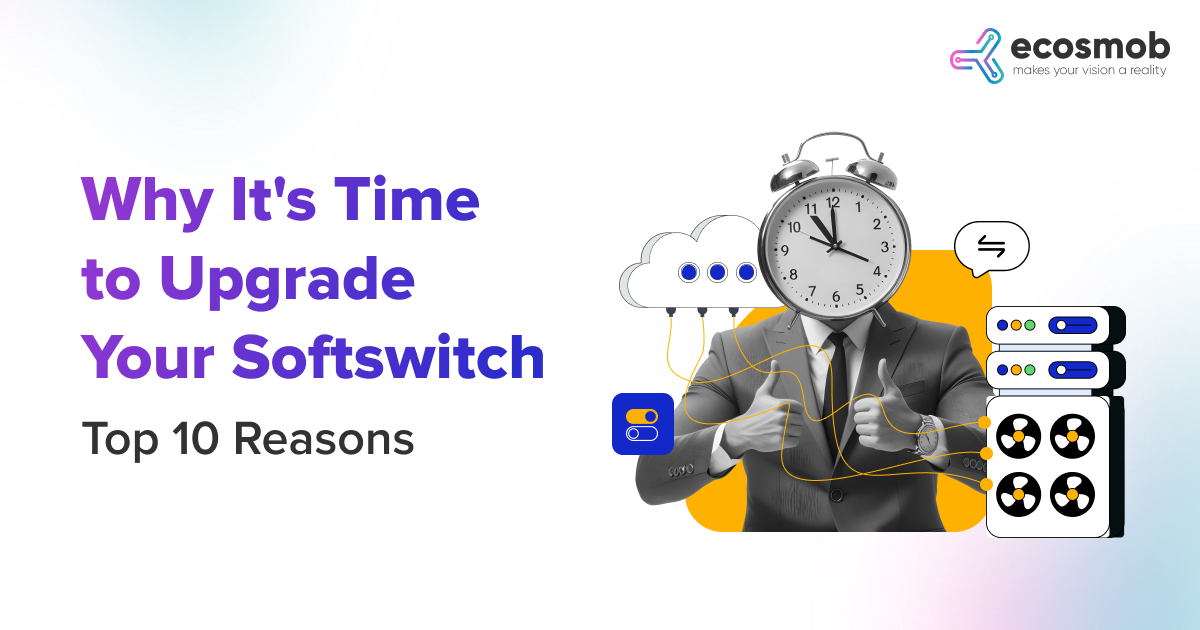In the last few years, artificial intelligence (AI) has emerged as the front runner in the technologies leading the change. From the experiential stage of sci-fi flicks to self-driving cars and now fleet management, AI is making sweeping changes in the non-conventional sectors. For several years fleet telematics– a combination of telecommunication and informatics, has been used to track assets. A McKinsey study puts the global market of fleet telematics hardware and software growth at around 23% per annum to become a USD 75 billion industry by 2025.
However, the data deluge requires more sophisticated technology for fleet management systems. Fortunately, machine learning, a vertical of AI that is based on the premise of “learn and training” the system to refine its interpretation of large data sets, can improve the accuracy of telematics.
Do you remember Amazon Go? The supermarket by Amazon hinges on one key factor – no checkouts. In the case of Amazon, the conceptual framework is based on AI like self-driving cars. This is where the fleet management companies (FMC) are also heading towards — intelligent automation.
However, the traditional industry is plagued by many challenges that make finding the right solution an uphill task. Let’s take a closer look at them.
Key challenges faced by fleet management companies (FMC)
A typical FMC covers the complete lifecycle of a vehicle but the operational challenges are the topmost concern for many.
-
Health and Safety
The concern of health and safety for any fleet manager is the greatest. The fitness of the vehicle driver to undertake hours of driving with alacrity is an important factor. And on the other hand, the fleet manager needs to factor in the worst-case scenario—a road accident.
-
Compliance
There is a long list of compliance items that need to be updated regularly to keep up with road transport and traffic laws. You need to keep an eye on changing legislation, which can directly have an impact on your business.
For instance, fleet operators of many categories in the US are mandated to install electronic logging devices (ELDs) to record driver hours of service and rest periods.
-
Managing costs
The fleet management industry is impacted by the most fluctuating commodity- fuel, other than recurring costs such as state tolls, repairs, insurance, and maintenance. It is a tricky job to successfully manage all the variables at play.
-
Information overload
A fleet of hundreds or thousands can generate insurmountable amounts of data. Ask any fleet manager and he will concur with this. Take into consideration the fact that GPS devices usually update their position every two minutes. That means as many as 30 updates each hour and 720 per day. Crawling through such vast amounts of information is time-consuming and the chances of missing crucial data are very high.
-
Managing a dispersed team
If you have a large fleet spread across cities, then connecting and communicating with remote drivers and finding their location of vehicles in a given area is likely to be tough and time-consuming.
If these are some of the challenges you are facing then probably automation is your best ally. A Grand View research found that fleet management companies need to achieve higher operational efficiencies and enhance vehicular safety being the primary factor driving the growth of the market.
A robust reporting metrics powered by automation can help you manage most tasks from a central location without burning a hole in your pocket. Let’s look at some of the technology hacks to overcome fleet management challenges.
The AI edge: 10 Tips to Solve your fleet management challenges
-
Real-time visual monitoring
With the in-built feature of visual mapping, AI-based software can come to your aid for monitoring a driver’s face and gauging the situation based on merit rather than hearsay. In case of any suspected risky behavior, you can take proactive action rather than belatedly fire-fighting.
-
Controlling unauthorized usage
The right fleet management software based on Machine Learning (ML) can help you to monitor your company assets round-the-clock remotely. All crucial information such as vehicle speed, location, and driving behavior is populated in the software, which can be used to predict driver behavior and prevent any hazards. The software can send direct alerts in case of errant behavior.
-
Performance appraisal and training
The information collected can help in planning and measuring overall fleet performance or the performance of an individual. It also helps to fix Key Performance Indicators (KPI) and make assessments in accordance with it. Issues can be then assigned to the concerned team for redressal, bringing accountability and efficiency into the system.
-
Integrating fleet data
Both large and small enterprises often have different software systems for each function. Hence, it becomes challenging to manage multiple software systems. With an AI-enabled fleet management software integrating the data generated from the fleet into the existing software becomes possible. Companies can leverage the existing software and use feeds from fleet management to make other adjustments such as logistics planning, supply chain process, and maintenance schedules among others.
-
Quick resolution to problems
AI-enabled systems are backed by machine learning algorithms which become predictive over time. You can anticipate small and big issues from the past behavior of the fleet and take a proactive approach for quick resolution of problems.
-
Locating the fleet
Managing a large fleet and coordinating with drivers is many times a difficult task. GPS tracking helps to track all vehicles and give directions to the drivers if there are any last-minute changes of plans.
-
Asset utilization and accountability
AI helps in bringing accountability in the system by making the driver a stakeholder for proper utilization of the vehicle. For management, it signals a planning metric, who can make an additional vehicle purchase or disposing unused ones.
-
Cost Control
Intelligent fleet management can help by raising red flags in vehicle utilization on several parameters from fuel to maintenance cost to irresponsible driver behavior. This provides a solid grip on cost control on a timely basis.
-
Scalable
One of the best things about AI-enabled fleet processes is scalability. Even when you are expanding, you are taking a calculated decision based on real-time and historical performance metrics.
The large amounts of data generated cover most areas of concern, whether it is security, speed, or human behavior. Moreover, the robust reporting options allow you to make strategic business plans.
-
Route Optimization
You can assign the most optimum route based on machine learning and monitor if the driver is following the path. If the driver is not taking the optimum path then you can get alerts and take appropriate action.
Use Case: Making an impact with AI
A public company with a fleet of 15,000, ranging from construction equipment to cars to trucks of all sizes was plagued by several problems. The focus on meeting peak demand left many vehicles and assets underutilized. Less investment in maintenance and lifecycle planning saw many more old and underutilized vehicles in the fleet.
The agency harnessed data for decision-making. It set targets for fleet size reductions and embarked on a path to execute the roadmap to make the agency lean at the ground level. In a span of just twelve months of fleet resizing, the agency disposed of over 3,000 assets that led to lifecycle cost savings of around USD 200 million. More than 2,500 vehicles were sold at auction, generating around USD15 million in total gross proceeds.
Thereafter, it modified the maintenance process. Cumulatively, right-sizing the fleet and transforming maintenance processes delivered savings of more than $500 million across the ten-year fleet lifecycle, or roughly 30 percent of the agency’s overall fleet expenditure.
Final Thoughts
AI can help plug many operational issues in fleet management, enabling the existing technology to help them remain competitive in the face of future industry changes. Once the bastion of big players, AI is now at hands-reach for small fleet management companies too. It is interspersed in most of the consumer-centric activities, gaining firm ground with each passing day. As the usage of data permeates deeper, AI is likely to become inevitable to make sense of data and get conclusive insights for decision-making. As the fleet managers become acquainted with AI-backed the transformation will be seamless. The learning from AI can make core changes in how a fleet operates and communicates.
Ecosmob Technologies has developed deep experience in deploying artificial intelligence solutions for fleet management. With our vast pool of experts, and hassle-free AI deployment for fleets in a cost-effective way, you can be assured of unmatched value. What’s better, we provide free one-on-one consultations for companies of all sizes to evaluate and suggest the right solution. Whatever your size, our customized software can meet your needs. Look no further, call us right away at +91-7778842856 (INDIA) / +1-303-997-3139 (USA) or write to sales@ecosmob.com to know more.
